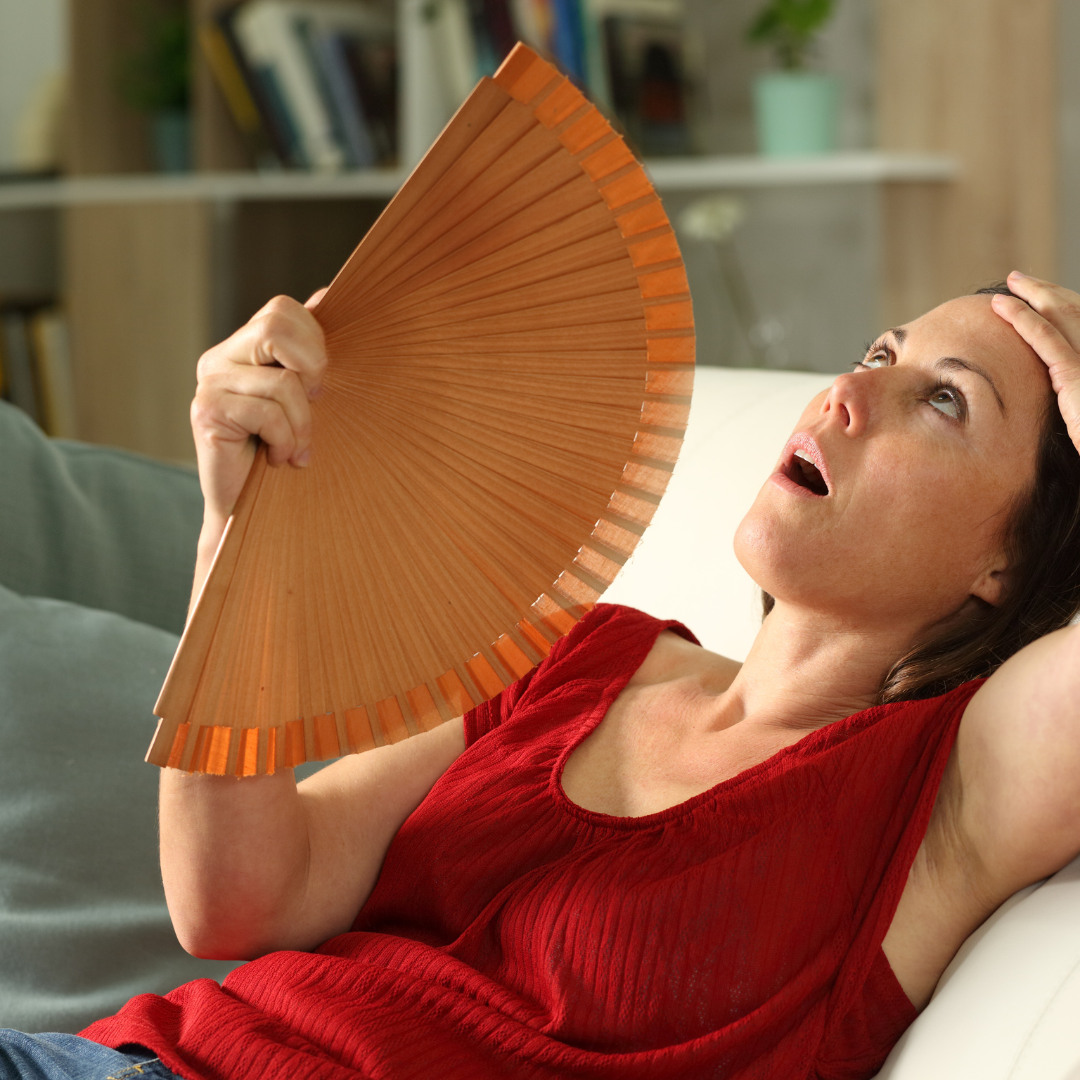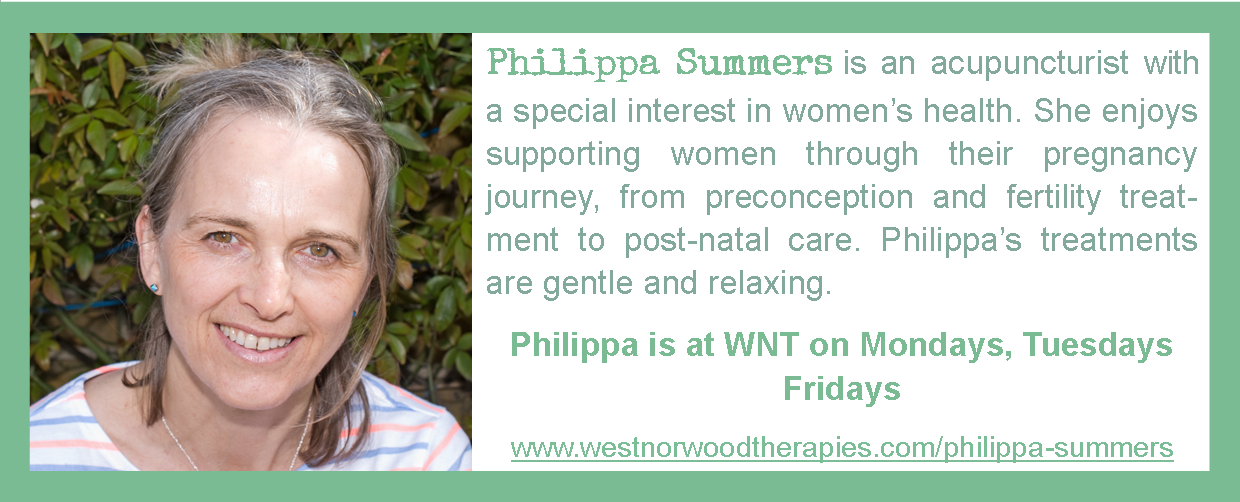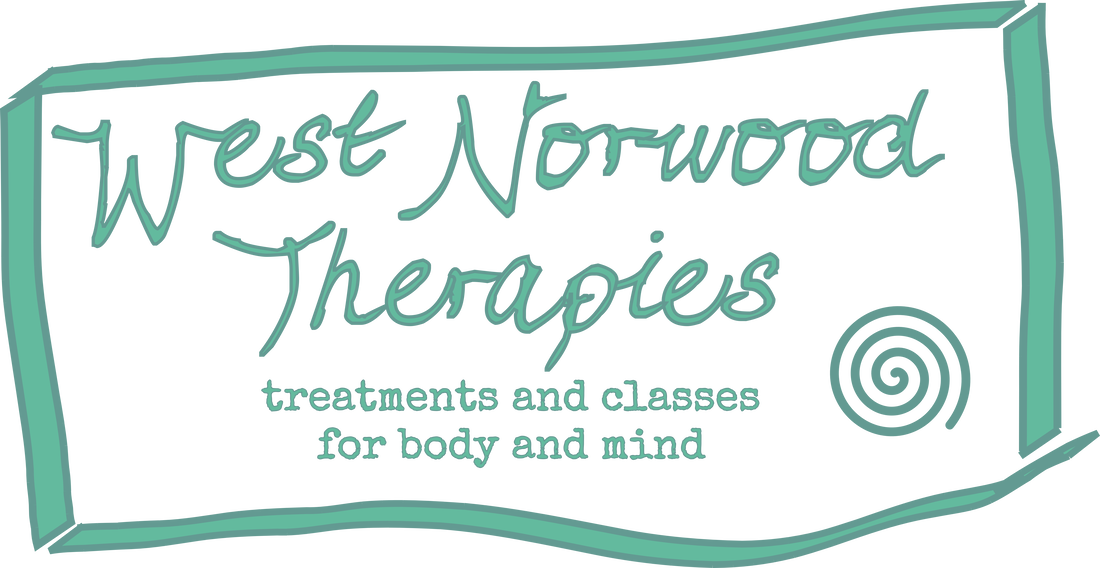|
Acupuncturist Philippa Summers looks at what women can experience from perimenopause onwards and how exercise and swimming can be of great benefit around these years. At a recent party on a chilly evening in the garden I asked a friend in a strappy dress if she was warm enough, she lightly replied “Oh, yes, I have my own personal weather system”. Made me chuckle but menopause is no laughing matter. Some women sail through but for others the symptoms can be unbearable and debilitating and can take a huge toll on just about every aspect of life. It can be a time when women feel at a loss with the changes that are happening to them, bewildered by them. Getting the balance between seeing them as a medical issue and a transformative time of adjustment can be helpful in easing women through this phase of life with greater serenity and joy, with a combined approach offering great benefits. Among the most common symptoms are hot flushes, night sweats, mood changes, tiredness, vaginal discomfort, loss of libido and brain fog, but it affects women very differently and you may experience a range of other physical, mental and emotional symptoms. They can start as women enter the perimenopausal phase, often in their mid 40s, sometimes earlier, usually but not always accompanied by changes in their menstrual cycle. From a medical perspective getting diagnosed is the first step to understanding the changes you are going through and finding solutions that suit you, including HRT. The options can be simple with far reaching benefits. Finding the right choices for you will not only help you to feel better but importantly also help to protect your future health, particularly cardiovascular and bone health. From a lifestyle perspective nutrition, exercise, sleep, relaxation and strong social and emotional connections provide the foundations for your wellbeing, regardless of whether or not you take HRT. Acupuncture can also play a supportive role in helping women ease through the transition, connecting mind with body, with proven benefits for some of the associated symptoms including hot flushes, low mood and anxiety, poor sleep, aches and pain. I have included a link to a resource with a wealth of info at the end, including medical, lifestyle, social and political info. Now, for an overview of exercise and then a brief focus on swimming, our topic for this summer newsletter, in relation to menopause. Exercise From perimenopause onwards physical activity can help to prevent muscle loss which occurs naturally as we age, support a healthy weight reducing the risk of chronic disease and improve cardiovascular, respiratory and bone health. Exercise will build strength, support the joints and alleviate the aches and pain, and the mood enhancing benefits of exercise can help in the way we perceive pain. Additionally, it can help with sleep and generally help you to feel better. If you have specific health issues that limit your activity then seek appropriate advice and support. As a guide try to get about 30 minutes of moderate exercise 5 times a week but if you are new to exercise then start light with 10 mins a day and build up gradually. Aim for a combination of exercise each week:
Cold water swimming is anecdotally very helpful to relieve hot flushes and some of the other symptoms of menopause. It has proven stress relieving and anxiety reducing benefits which can last for several days, and also helps immunity. We are fortunate to have Tooting and Brockwell Park lidos on our doorstep. During the winter especially, they are places with a strong sense of community and camaraderie. If you intend to swim into the winter months then start swimming during the warmer summer and autumn months so that you can gradually acclimatise. As the temperatures cool check out the cold water swimming guides so that you adjust safely and do not overdo your exposure to the cold.
More Information If you are seeking more information the Balance-Menopause website, set up by menopause specialist Dr Louise Newson, is a good place to start for understanding more about the perimenopause and menopause and finding support, with an app to track symptoms if you wish. Their mission is to make menopause support inclusive and accessible to everyone globally, with some extremely useful free resources. If you have symptoms then seek out a menopause trained specialist to confirm diagnosis and guide you through treatment choices - HRT, alternative options and lifestyle advice all have a role to play.
0 Comments
Leave a Reply. |
AuthorBlogs from the WNT team. For our blogs from before June 2020 please see individual profile pages - it's a good way to get to know practitioners too. Archives
June 2024
Categories
All
|
|
Visit us - by appointment only please - in the office block in the Access Self Storage premises at 443 Norwood Road, London, SE27 9DQ
[email protected] Phone - please contact practitioners directly, or if not in a rush you can leave a message for us to call you back at 07931876931. |



 RSS Feed
RSS Feed
